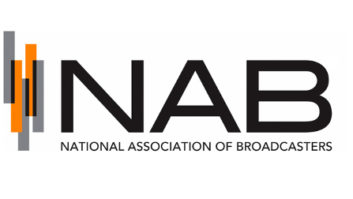The NAB is going after satellite radio for the new traffic and weather channels. It’s asking the FCC to clarify that in creating satellite radio licenses, the agency authorized a national service.
NAB wants the commission to prohibit the satcasters from delivering localized content, such as their new traffic and weather channels, on nationally distributed channels. The trade group also wants the FCC to ban satellite radio from using radios in the future that can receive different local content from place to place.
The trade group says another possibility it would like to see is re-opening the satellite radio authorization procedure.
“In lieu of the promised niche audiences, foreign language services, senior and children’s programming, they have instead devoted substantial bandwidth to compete directly with local broadcasters with local content, without being subject to any public interest obligations,” states the trade association in its petition.
NAB is worried the pubcasters are developing next generation receivers that can deliver “localized” programming to subscribers by using Global Positioning Satellite and store-and-forward technologies.
XM Satellite Radio and Sirius Satellite Radio both send their traffic/weather channels nationally over their satellite systems.
Sirius spokesman Jim Collins said, “We consider ourselves to be a nationwide broadcaster. We do not broadcast locally.”
As for the receiver’s ability to pull in local content, that’s a programming selection ability built into the device he said. For example, Sirius has “S-seek” on plug and play models, allowing consumers to program certain choices into the radio. Alerts then show up on the screen, and the consumer can decide if he or she wants to hear the new program or not. The programming is still broadcast nationwide, he said.
Satellite radio is trying to co-exist with terrestrial radio, he said, just like cable TV and satellite TV co-exist. “We have never said that satellite radio is a replacement for terrestrial radio.”
Satellite Radio has garnered much attention lately, Collins said, from Wall Street and automakers. “We’re at the beginning of a growth curve.”
NAB Again Urges FCC to Ban Local Content From Satellite Radio
NAB Again Urges FCC to Ban Local Content From Satellite Radio












